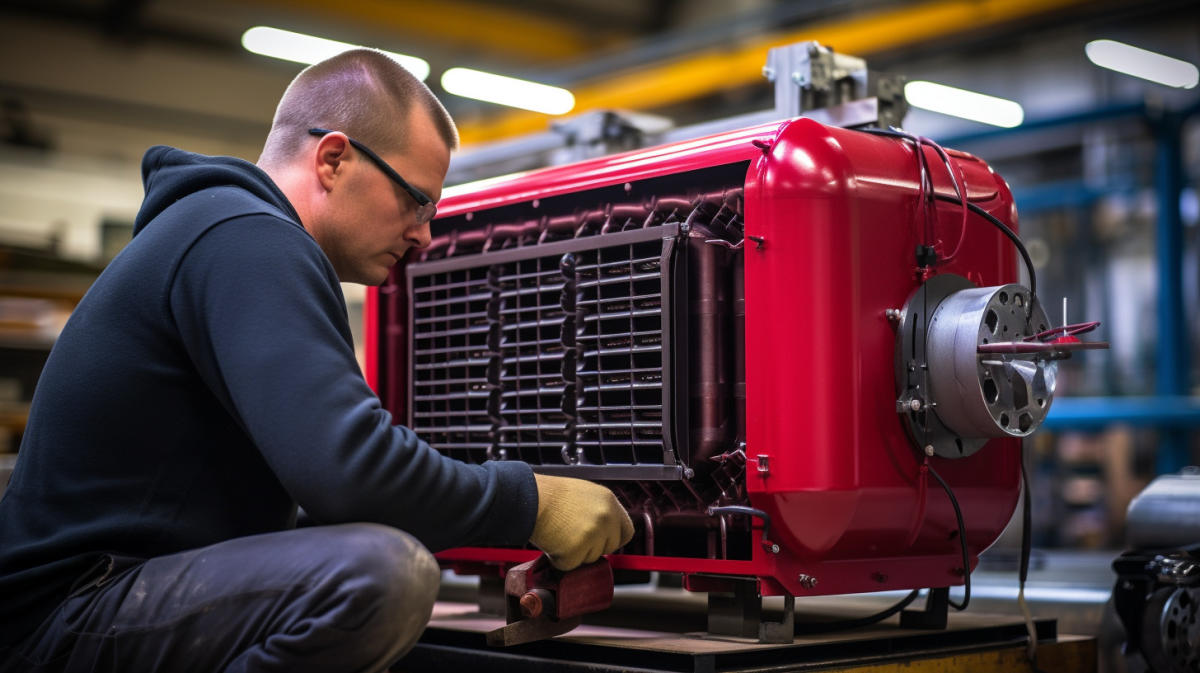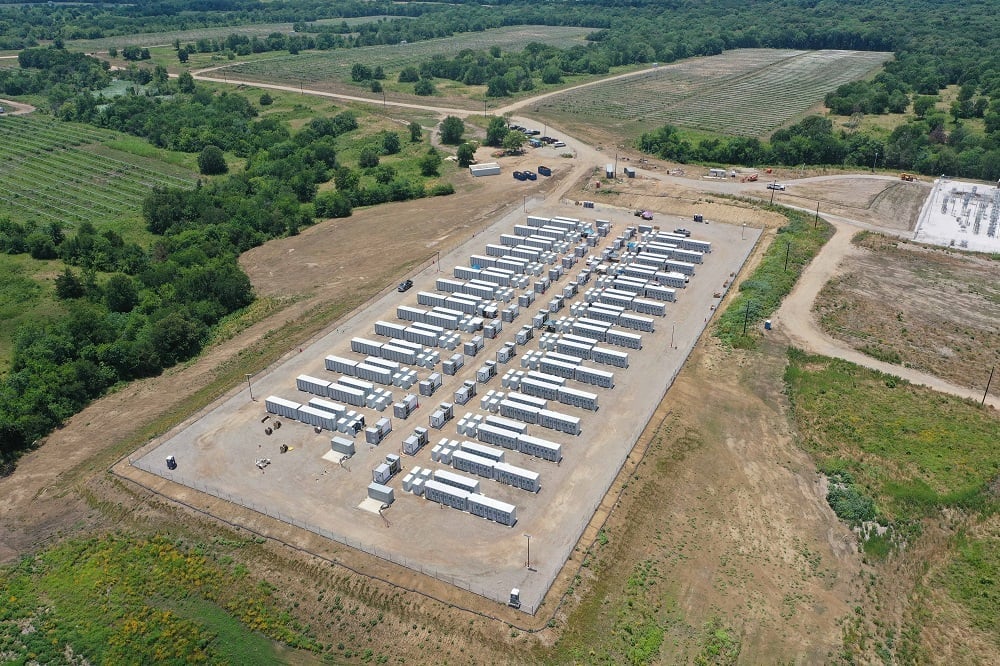Honda's Bold Move: Revving Up US Manufacturing with Major Production Shift
Manufacturing
2025-04-15 15:24:45Content
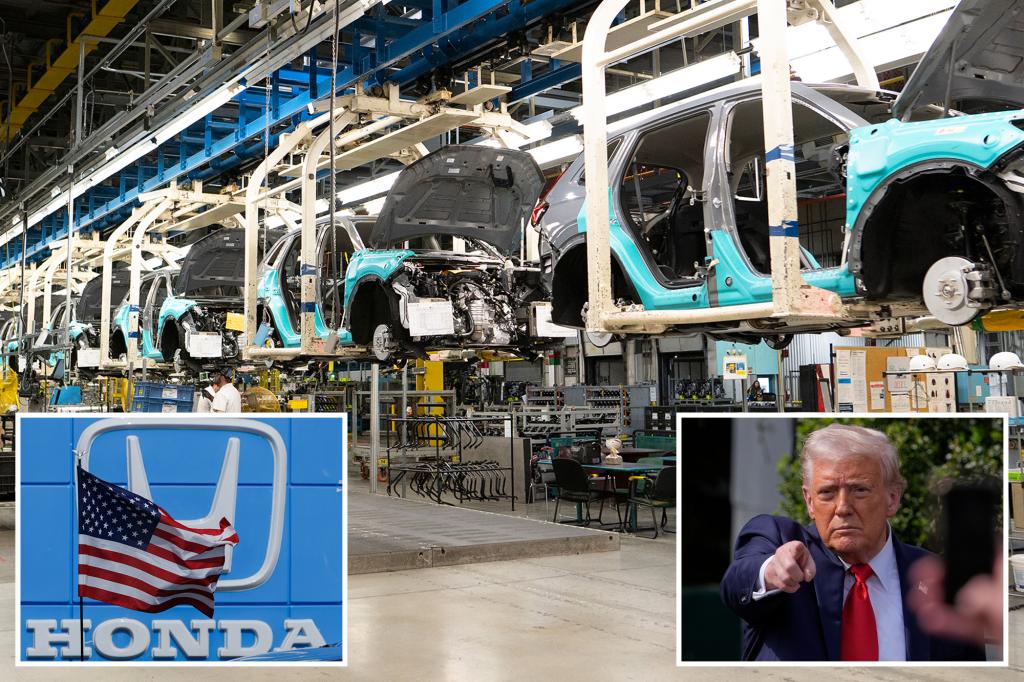
Honda is set to accelerate its manufacturing capabilities in the United States, with ambitious plans to ramp up production by as much as 30% in the coming two to three years, according to a recent report by the Nikkei business newspaper. This strategic expansion signals the automaker's commitment to strengthening its presence in the North American automotive market and responding to growing consumer demand.
The planned production boost demonstrates Honda's confidence in the U.S. market and its ability to adapt to changing economic landscapes. By increasing manufacturing output, the company aims to enhance its competitive edge, potentially creating new job opportunities and supporting local economic growth.
While specific details about the production expansion were not immediately disclosed, industry analysts suggest this move could involve retooling existing facilities or potentially investing in new manufacturing infrastructure across the United States.
Revving Up American Manufacturing: Honda's Bold Expansion Strategy Unveiled
In an era of global economic uncertainty and shifting automotive landscapes, Honda Motor Company is poised to make a significant strategic move that could reshape the manufacturing dynamics of the United States automotive industry. The Japanese automotive giant is preparing to implement an ambitious production expansion plan that signals confidence in the American market and a commitment to domestic manufacturing capabilities.Driving Growth: A Transformative Manufacturing Vision for the Next Decade
Strategic Production Scaling and Economic Implications
Honda's proposed production increase represents more than a mere numerical adjustment; it symbolizes a profound commitment to the United States manufacturing ecosystem. By targeting a potential 30% production boost over the next two to three years, the company is making a bold statement about its long-term strategic vision. This expansion goes beyond simple numerical growth, encompassing technological innovation, workforce development, and economic revitalization in key manufacturing regions. The proposed production surge will likely involve significant investments in existing manufacturing facilities, potentially retrofitting current production lines with advanced technologies and automation systems. Such strategic investments could create hundreds, if not thousands, of high-quality manufacturing jobs across multiple states, contributing to regional economic development and reinforcing Honda's reputation as a forward-thinking automotive manufacturer.Technological Innovation and Manufacturing Modernization
Honda's expansion strategy is intrinsically linked to its commitment to technological advancement and manufacturing modernization. The planned production increase will likely incorporate cutting-edge manufacturing techniques, including advanced robotics, artificial intelligence-driven quality control, and sustainable production methodologies. These technological integrations represent a significant leap forward in automotive manufacturing, positioning Honda at the forefront of industry innovation. The company's approach suggests a holistic transformation of its manufacturing processes, potentially reducing production costs while simultaneously enhancing product quality and efficiency. By investing in state-of-the-art manufacturing technologies, Honda is not just expanding production capacity but fundamentally reimagining its approach to automotive manufacturing in the United States.Market Dynamics and Consumer Demand Considerations
The proposed production expansion is unlikely to be a random strategic decision but rather a calculated response to evolving market dynamics and consumer preferences. With increasing demand for fuel-efficient vehicles, hybrid technologies, and potentially electric vehicle platforms, Honda's expansion could be strategically aligned with emerging automotive trends. Market analysts suggest that this production increase might be part of a broader strategy to capture a larger market share in the increasingly competitive North American automotive landscape. By increasing production capacity, Honda can potentially offer more diverse vehicle models, respond more quickly to market demands, and provide more competitive pricing structures.Economic and Environmental Sustainability
Beyond pure economic considerations, Honda's expansion plan potentially signals a commitment to sustainable manufacturing practices. The company has historically been recognized for its environmental initiatives, and this production increase might incorporate green manufacturing principles, reducing carbon footprints and setting new industry standards for sustainable automotive production. The potential integration of renewable energy sources, waste reduction strategies, and environmentally conscious manufacturing processes could position Honda as a leader in sustainable automotive manufacturing. This approach not only addresses environmental concerns but also appeals to an increasingly environmentally aware consumer base.Workforce Development and Skills Enhancement
A significant production expansion necessitates substantial investment in human capital. Honda will likely need to recruit, train, and develop a skilled workforce capable of operating advanced manufacturing technologies. This could involve partnerships with local educational institutions, vocational training programs, and comprehensive skills development initiatives. The company's expansion might create a ripple effect in local job markets, stimulating economic growth and providing opportunities for professional development in advanced manufacturing sectors. By investing in human capital alongside technological infrastructure, Honda demonstrates a comprehensive approach to industrial growth.RELATED NEWS
Manufacturing

Semiconductor Titan: Inside Taiwan's Tech Powerhouse and the Global Chip Revolution
2025-03-19 17:06:55
Manufacturing
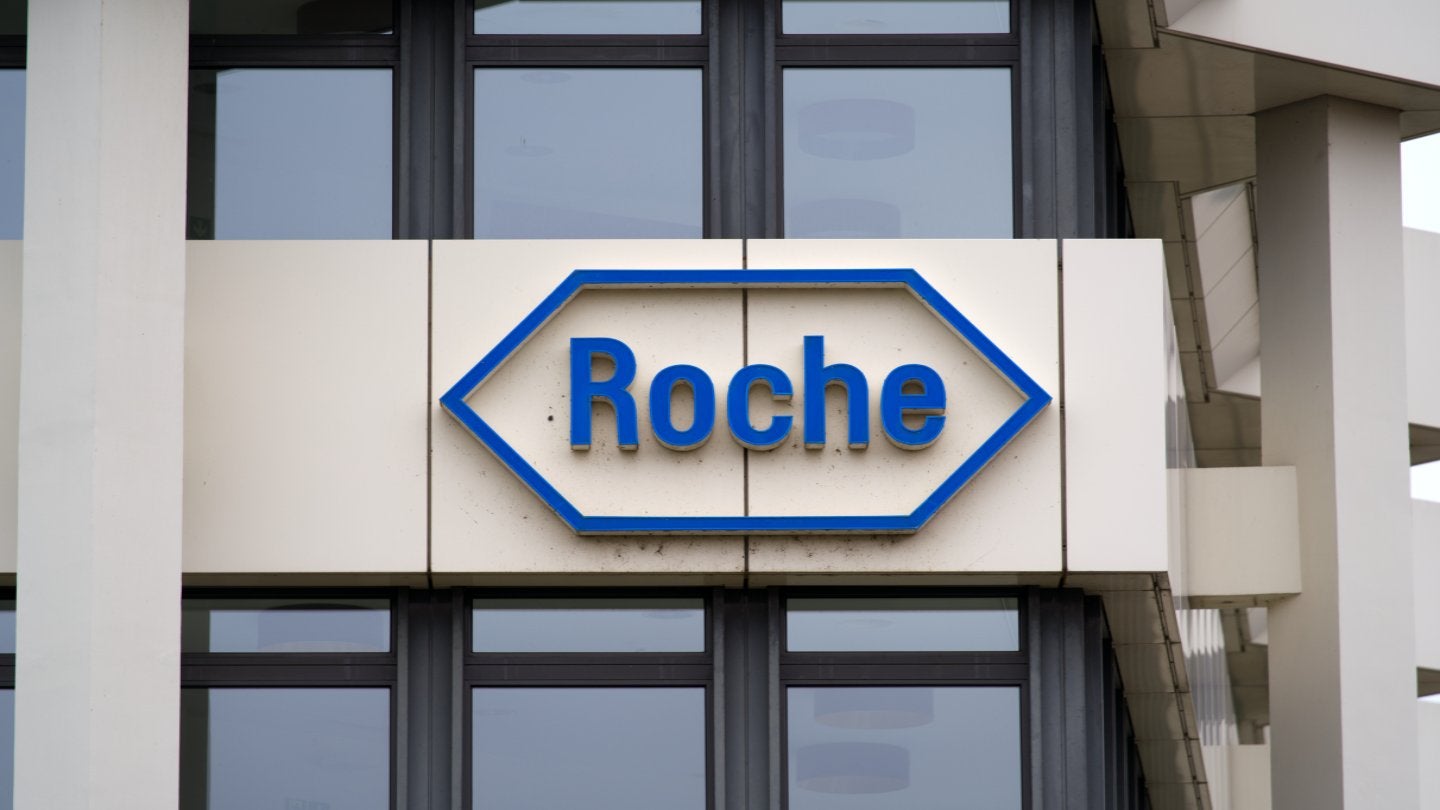
Roche Unleashes Massive $50 Billion Manufacturing Expansion Across US Soil
2025-04-23 12:24:54
Manufacturing
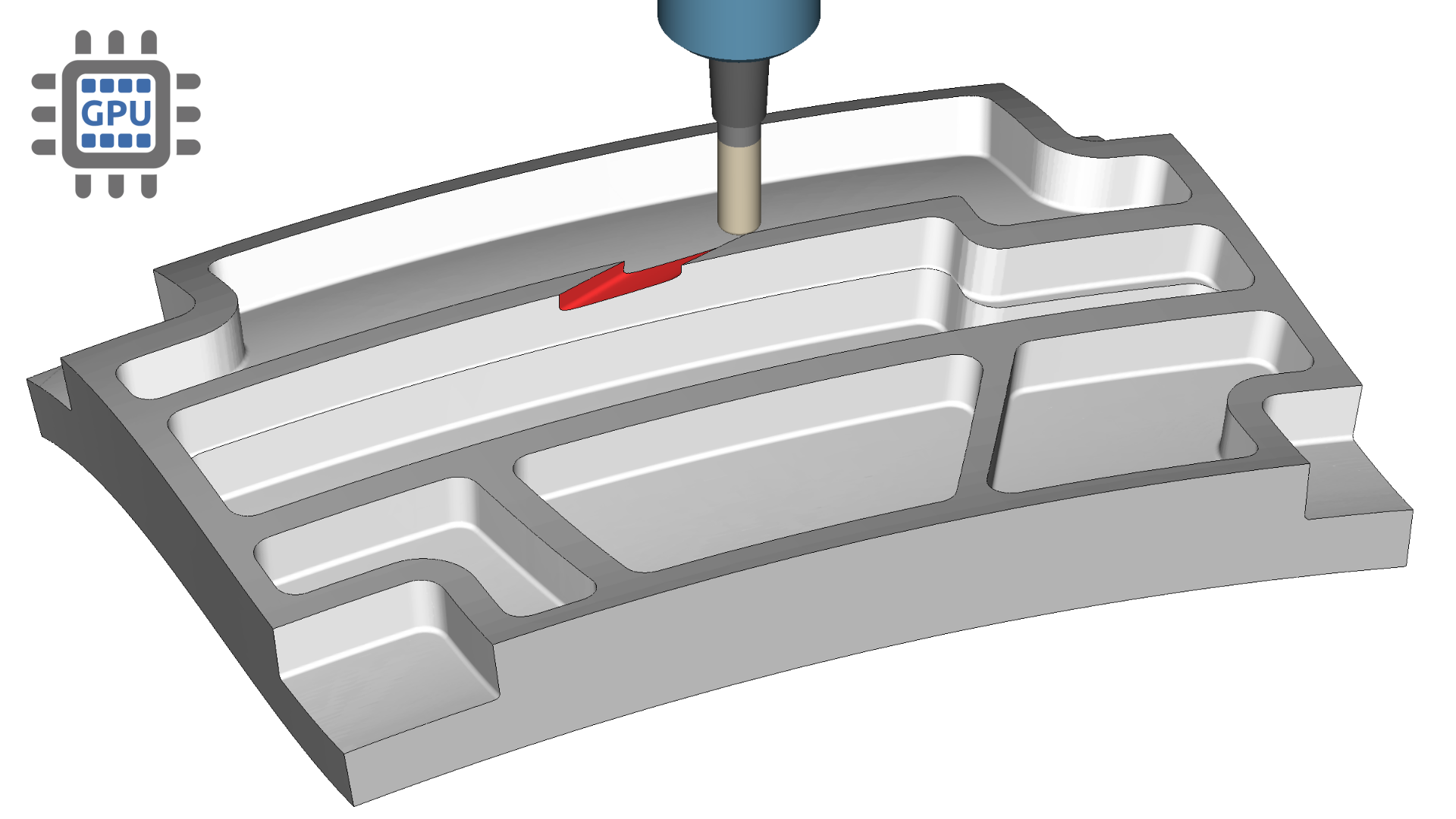
Digital Manufacturing Gets a Boost: ModuleWorks Unveils Cutting-Edge 2025.04 Update
2025-04-18 13:02:26
